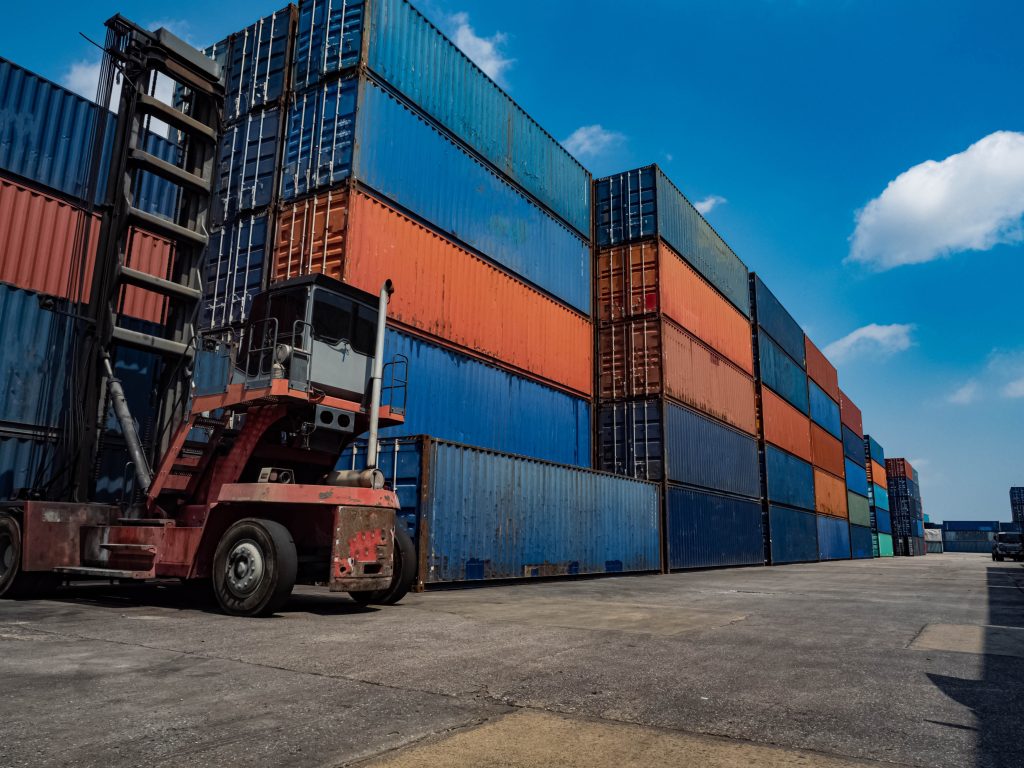As the Philippines strengthens its commitment to ASEAN-wide economic integration, more opportunities are opening for global trade. This makes importing goods into the country a promising venture for businesses seeking growth. At the same time, importing products to the Philippines requires proper planning and compliance with government regulations. Businesses that follow the correct process avoid costly delays, penalties, and shipment issues.
Here are the steps to follow for lawful and efficient importing to the Philippines.
- Register as an Importer
The process begins with registration. Companies must secure a Bureau of Internal Revenue (BIR) Tax Identification Number and register with the Bureau of Customs. Once registered, importers can access the Customs Client Profile Registration System, which is necessary for processing shipments.
- Secure the Required Permits
Some goods require additional permits before entry. For example, food, medicine, and electronics may need authorization from agencies like the Food and Drug Administration or the Department of Trade and Industry. Checking the list of restricted and regulated goods prevents unnecessary setbacks.
- Work with a Licensed Customs Broker
Hiring a licensed customs broker makes the import process more efficient. A broker prepares and submits import documents, calculates duties and taxes, and coordinates with customs officials. This professional support helps businesses avoid errors that could delay cargo release.
- Become the Importer of Record
Every shipment must have a responsible party recognized by customs. An importer of record Manila Philippines, is legally accountable for complying with regulations, paying duties, and keeping records of the transaction. This designation ensures the shipment is properly documented and cleared.
- Complete Customs Clearance
After submission of documents and payment of duties, customs will inspect and release the shipment. Accurate commercial invoices, packing lists, and bills of lading speed up the process. Companies benefit from tracking their shipments’ status to anticipate any issues early.
- Maintain Proper Records
Record-keeping is required for every importation. Storing receipts, permits, and clearance documents provides a safeguard during audits and future transactions. Consistent documentation builds credibility and prevents disputes.

These practices allow businesses to move products legally and efficiently into the Philippines. Careful compliance reduces risk, improves shipping timelines, and supports smooth supply chain operations.